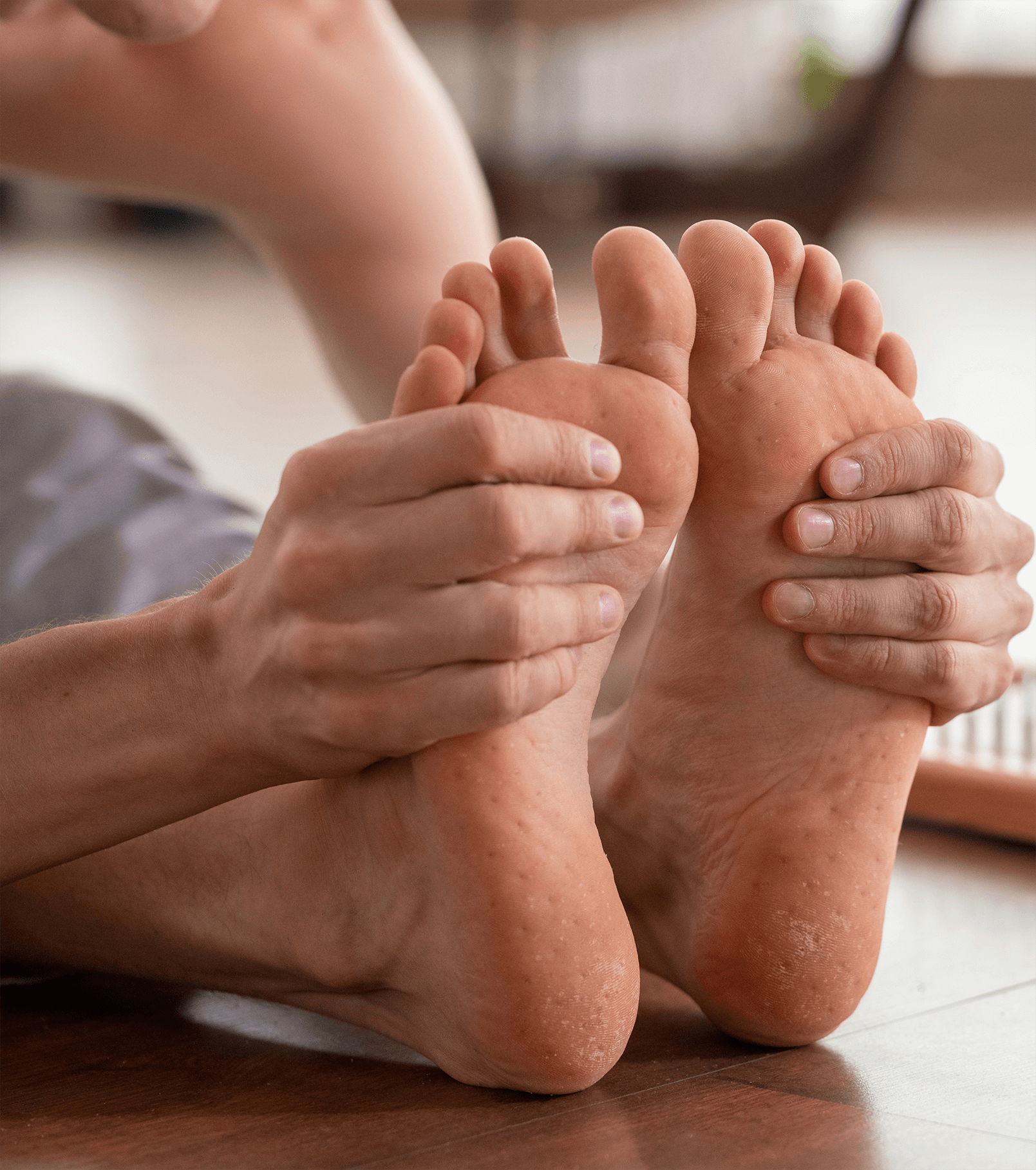Diabetes can reduce blood flow to your feet. As a result, 1 out of every 10 diabetes patients gets foot ulcers, which can lead to serious problems if left untreated.
Diabetes’s effect on the feet
Diabetes can cause many serious foot problems such as:
- Poor blood circulation: leading to severe coldness, cramps, tingling, or a burning sensation.
- Neuropathy: impairs the ability to feel pain, pressure, and feeling. However, the patient may have severe aches, particularly at night.
- Infection: cuts and scrapes are often slow to heal and become easily infected.
- Soreness: most often caused by wearing poor-fitting shoes. Diabetes may change the shape of the foot, resulting in the need for specialized shoes.
Many people with diabetes are concerned about gangrene. Although gangrene is rare, it is especially dangerous for neglected diabetic foot problems.
Keep your feet healthy
- Wash them daily with warm water.
- Pat them gently with a soft towel, especially between the toes.
- Do not soak your feet for more than 5 minutes.
- Moisturize your feet daily if they are dry; however, do not put the cream between your toes.
- Check your feet daily to verify that there are no sores or discharges, and ask someone or use a mirror if you need assistance.
- Apply a bandage to any sores and consult a podiatrist if they take longer than expected to heal.
- Maintain normal blood glucose levels.
Foot care tips
- Schedule a yearly physical examination with your doctor and visit him if you have symptoms such as numbness.
- Keep your feet clean and protected from infection.
- Wear well-fitting shoes because improper footwear can cause calluses, calluses, sores, and nail problems.
- Take care of wounds and ulcers.
- Avoid walking barefoot.
- Keep your nails trimmed.
- Visit a podiatrist at Health and Style Medical Center to treat call uses or hard skin.
- Quit smoking because it impairs blood circulation causing serious foot problems.
- Eat a healthy, balanced diet and exercise regularly to help control diabetes and reduce the risk of developing foot problems.
When do you consult a doctor?
You should see a doctor immediately if:
- You see cracks in your foot’s skin or a discharge pouring from the wound.
- Change in the color of the skin over part or all of the foot.
- You notice additional swelling in your foot where a blister or damage has occurred.
- There is redness or swelling around the ulcer.


